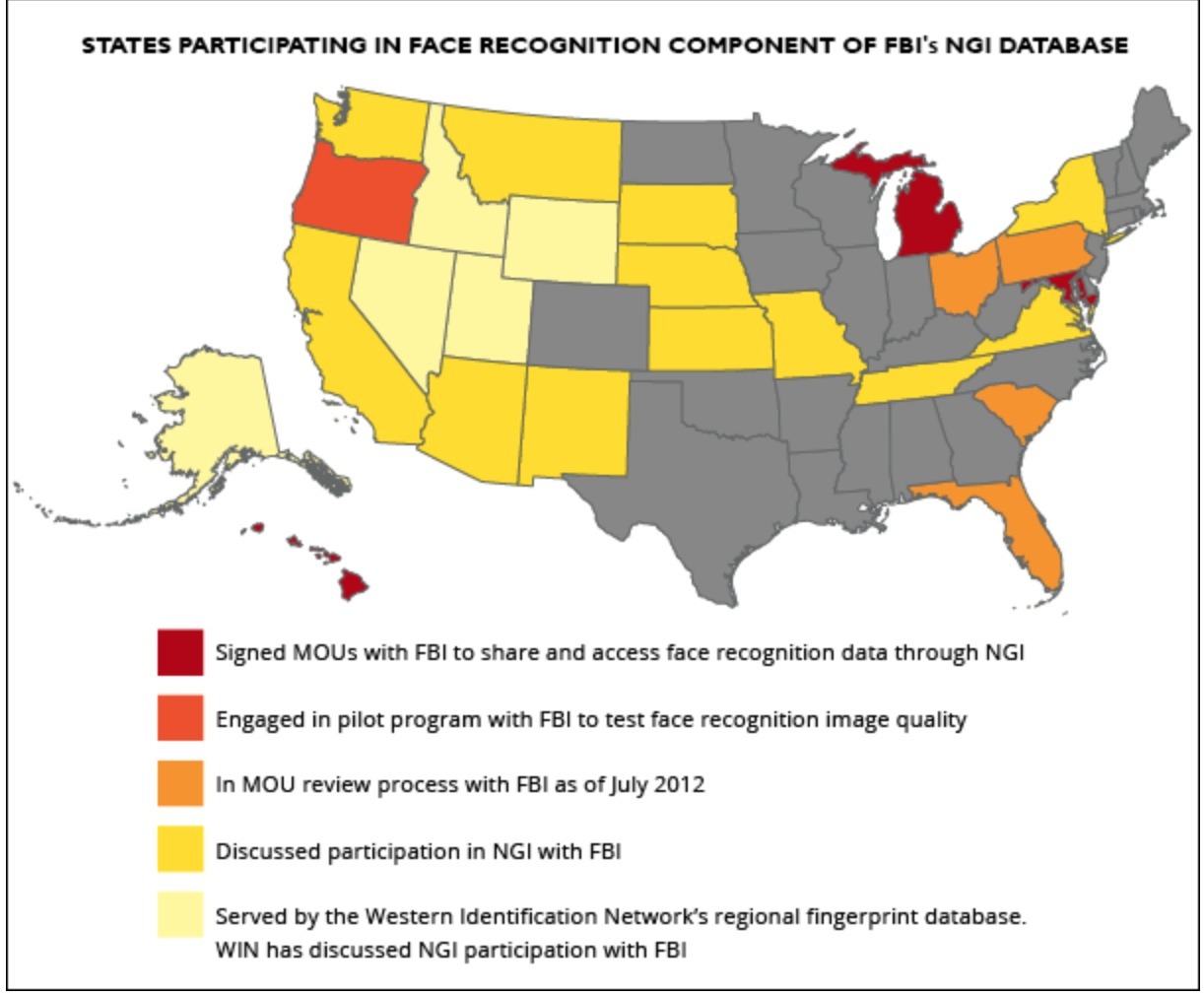If you thought that CCTV cameras tracking your every move in public was bad enough, you’re going to just love AISight (pronounced “eyesight” of course). The invention of a Houston, Texas based company called BRS Labs (which stands for Behavioral Recognition Systems) is headed by former secret service special agent John Frazzini, and this Orwellian surveillance platform brings artificial intelligence to all of those creepy cameras that have been installed everywhere around you.
Apparently, this system is currently being installed in Boston, and has already been implemented in Chicago and Washington. In the event you live in these cities, I bet you’ve never heard of AISight, and more importantly, I bet there’s been little to no public debate.
The most disturbing part about this platform is that this artificial intelligence defines what is “normal” behavior and anything that falls outside of that narrow band can be flagged for “pre crime” potential. Ultimately, if these things are allowed to proliferate, it will condition humans to behave like zombie automatons fearful that anything interesting or creative might be viewed as criminal.
The NYPD recently engaged in such behavior when it arrested a street artist unlawfully. Now imagine if a computer could do the work the work without human involvement.
The entire sad incident was caught on video. See below:
The “War on Street Artists” – Puppeteer Unlawfully Arrested and Harassed in NYC Subway
For more details on AISight, we turn to ITProPortal:
Imagine a major city completely covered by a video surveillance system designed to monitor the every move of its citizens. Now imagine that the system is run by a fast-learning machine intelligence, that’s designed to spot crimes before they even happen. No, this isn’t the dystopian dream of a cyber-punk science fiction author, or the writers of TV show “Person of Interest”. This is Boston, on the US East Coast, and it could soon be many more cities around the world.
Behavioral Recognition Systems, Inc. (BRS Labs) is a software development company based out of a nondescript office block in Houston Texas, with the motto: “New World. New security.”
BRS Labs’ AISight is different because it doesn’t rely on a human programmer to tell it what behaviour is suspicious. It learns that all by itself.
The system enables a machine to monitor is environment, and build up a detailed profile of what can be considered “normal” behaviour. The AI can then determine what kind of behavior is abnormal, without human pre-programing.
Just what the world needs.
Oh, but wait, it gets even better…
What’s more, AISight permanently learns and registers when changes in normal behavior occur, so no ongoing programing is required from human operators. In order to do this, it employs a technology known as “artificial neural networks”, which mimics the function of the human brain.
Donate bitcoins: 35DBUbbAQHTqbDaAc5mAaN6BqwA2AxuE7G
Follow me on Twitter.



